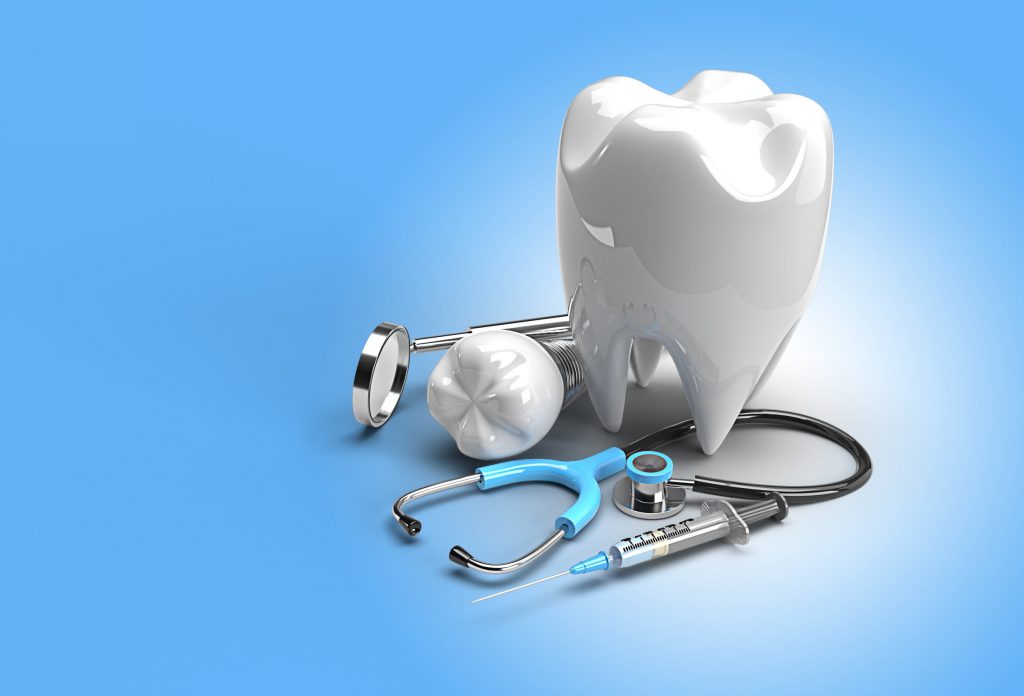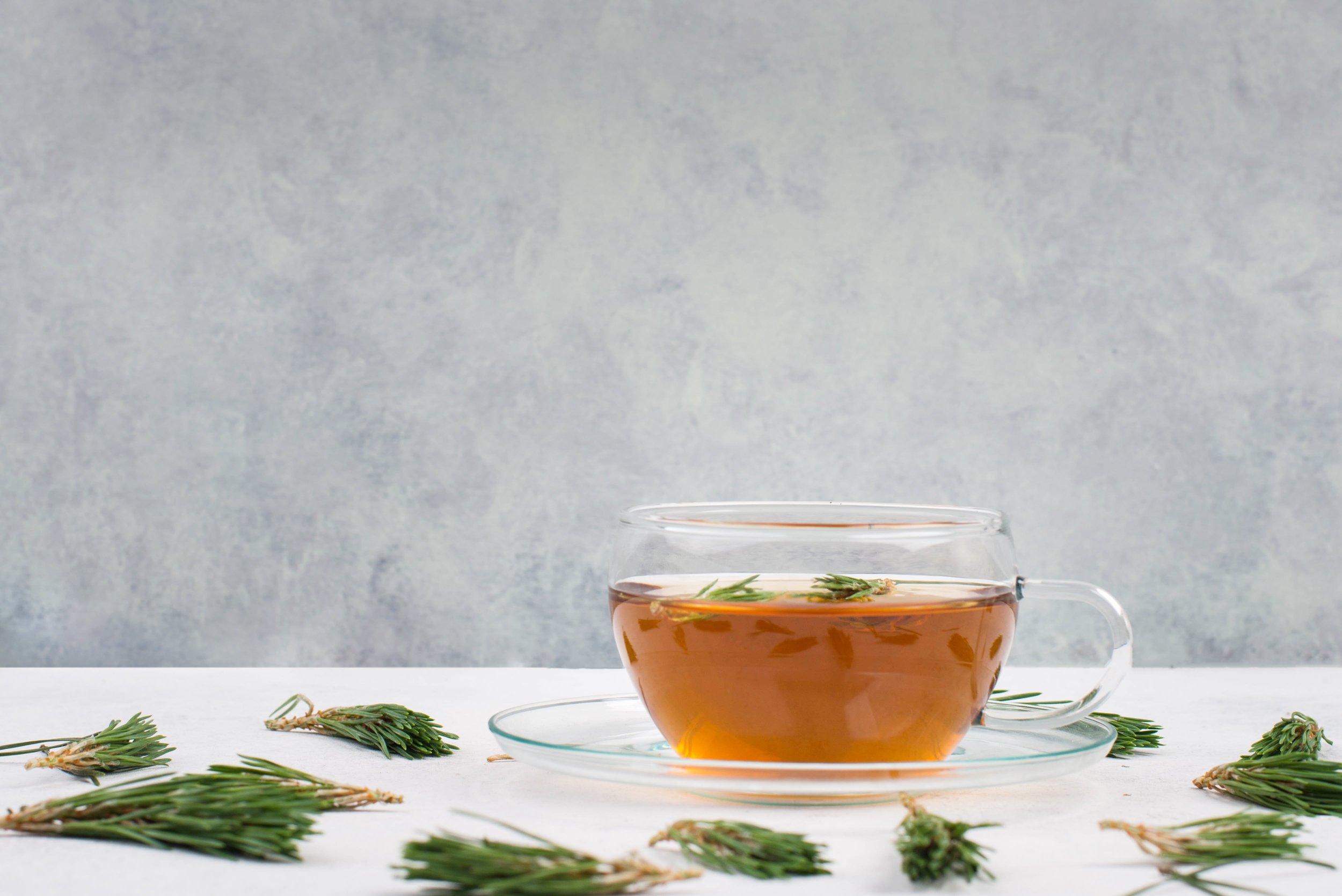In 2022 Uk has been facing the worst NHS staff shortage ever. Due to significantly low salaries, dentists are forced to go private so that they can continue practising and pay for their education and equipment. As a result, there have been reported concerns over enormous treatment backlogs. According to the British Medical Association, 2.5 million people are waiting for their appointment for over 18 months. Still, if you need out of hours emergency dentist, you might be able to find one, depending on how urgent your case is. The NHS classifies a case as an oral emergency if you have:

- Post extraction uncontrollable haemorrhage
- Rapidly increasing swelling
- Rupture or trauma related to the jaws
Unfortunately, dental implants cannot be obtained on NHS bands, however. They need to be done in private surgery. Fortunately, there are still affordable options for dental implant treatment in
the UK. With average implant costs of £20,000-£40,000 for full-mouth restorations, Dentaprime F3T in London can offer you the most budget-friendly long-term tooth loss solution.
One of the benefits of getting fixed teeth with a private practice locally is that you can schedule an appointment at your convenience. You won’t be forced to wait for over a year as opposed to NHS or never be seen, as it’s reported that 9 out of 10 NHS dentists are no longer taking on new patients.
On the bright side, if you’ve had a dental implant treatment, most probably your doctor will make sure that you have a smooth recovery. Every professional dental practice should hand out a list of post-surgery instructions. Most surgeries provide a standard goody bag with antibiotics and anti-inflammatory medicine for dental implants.

They should also provide advice on what to eat after dental implant surgery, and what to avoid so that you can heal faster after the dental implants. Despite being a pretty straightforward treatment, dental implantation is a surgery after all. That being said, it’s only natural to experience swelling (especially if you’ve had bone grafting or sinus lift), bruising, minor bleeding, headaches and other types of discomfort.
So, if you’re still experiencing mild pain after dental implants, read further to learn more about quicker recovery after implant treatment and home natural remedies to relieve post-operative pain and swelling.
Contents
Natural remedies for tooth pain
If you are looking to know how to reduce swelling after dental implant surgery, home remedies may do the trick if your pain and discomfort are from minor to mild. Those are quick, easy and budget-friendly solutions that won’t get in the way of the recovery after implant treatment that you have planned.
Please note, however, that if you experience any acute pain, bleeding or increased swelling, it is highly recommended to contact your dental clinic asap as you may require urgent dental help.
Still, if your implants are healing properly (98,5% success rate), here are 5 ways that you can deal with a sore mouth or toothache without the need to rush to a dentist.
Saltwater – this is a powerful natural antiseptic. It is known to work as a natural disinfectant for everything. It positively affects your oral health by raising pH levels in your oral cavity thus killing bacteria. You can also use it to alleviate the pain caused by sensitive teeth – by rinsing twice a day.
- Peppermint – did you know that mint has antimicrobial properties? Peppermint has also a cooling effect due to its active ingredient called menthol. It’s known for its numbing effect which helps relieve pain and tooth sensitivity.
- Hydrogen peroxide – it’s known to help with inflammation as it is an effective antiseptic. It’s of paramount importance that you do NOT ingest it but use it for oral rinse only. It could burn internal organs and cause bleeding which is why you need to be extremely careful when using hydrogen peroxide after tooth extraction.
- Cold compress – this can be one of your best go-to solutions when it comes to tooth pain. Applying a cold compress on the affected area causes blood vessels to shrink and reduces pain and swelling. You can wrap a bag of ice in a towel and place it over it for no longer than 20 minutes. Apply for 10min on the side where the surgery took place and then leave in the fridge to cool again. As soon as the cold pack is cooled, apply it again on the side. Repeat this procedure as often as practically possible. In the next two days. If you are staying in a hotel and there is no fridge in your room, ask the hotel staff to provide you with ice or a can/bottle of a cold drink to replace the cold pack. Always use a napkin, especially if ice is provided. Do not apply ice directly onto the skin. In the next 7 days try to sleep on your back. Try not to lean on the left or right side, as doing so will be pressing the cheek area and this will increase the swelling.
- Thyme – this essential oil is widely known for its antibacterial properties. It is also a powerful antioxidant. It can help ward off harmful bacteria that cause cavities. For optimal oral hygiene dilute thyme essential oil in 120 mL of water.
What can you do after dental implants?
Take a few days off – you’re going to need those!
If you’ve had dental implant surgery, you should know that good rest is one of the most important things to ensure a speedy recovery.
If you plan to do your dental implants in Turkey, for example and plan to combine it with a dental holiday, make sure you plan enough days for rest as well. Although it is recommendable to stay moderately active, excessive movement can promote increased swelling and excessive bleeding. And if you have to handle luggage while travelling to and back from your dental implant holiday, handling heavy luggage may lead to more bleeding as you risk dislodging the blood clots.
Take some mental rest off as well – the last thing you’d want to do is put extra stress on your brain while you’re swollen and in pain after the dental implant surgery.
Another 3 things that you can not do after dental implants:
- Smoking – not only excessive smoking can create an environment for bacteria-borne diseases like gum disease, but it can also thwart your dental implant treatment and cause your implants to fail. Smoking increases the bacteria level in your mouth and elevates the risk of infection.
- Spit or suck (use a straw) – this kind of aggressive movement along with aggressive rinsing or any kind of heavy manipulation in the mouth can disturb the blood clot that has formed after the dental surgery. If this happens it can lead to excessive bleeding which will be hard to control. In turn, the healing period will be prolonged.
- Eat solid foods – two hours after the surgery, avoid eating at all. Until the anaesthetic wears off you may feel numb. Stick to soft and liquid foods until pain and sensitivity are reduced to a minimum as you don’t want to irritate the gums as they will still be sensitive after the surgery.
- No driving or operating heavy machinery (if you have been put under full sedation)
Foods and drinks to avoid after implant surgery
For the first day after the oral surgery avoid foods that are too hot or too cold, and make sure you stick to soft or liquidised foods.
Bad news if you’re an avid coffee drinker – you’d need to lay it off for at least 2-3 days. Hot drinks in general can cause excess bleeding and will meddle with the healing period after the dental implant surgery.
The same ban goes for alcohol consumption. Osseointegration is the most important part of your healing period. This is when the implant fuses with your jawbone to create a solid foundation for the dental bridges on top of the implants. Alcohol interferes with this process and can cause the implants to fail.
To ensure a speedy recovery, you need to be strict with your post-implant surgery diet. The most important things to avoid after treatment are fresh orange juice and/or lactic acid foods and beverages for 10 days.

Acidic drink consumption after oral surgery is not recommended. Imagine pouring lemon juice over an open would – that would be very painful and unpleasant. Furthermore, after extraction and implant placement, those affected areas are highly sensitive and prone to infection.
If you’re also wondering why no dairy is allowed to be a part of your implant recovery diet, the reason is inflammation. Cow milk triggers an inflammatory response in the body and can cause complications during the recovery period.
Bringing it all together
Dental implant treatments don’t have to be a stressful and complicated procedure. They are meant to provide a permanent solution to tooth loss and change your life for the better. Although there may be minor pain and discomfort involved in the process, if you find the right dentist, those should be cut down to a minimum. The right dentist will keep you informed at all stages of your treatment and will make sure your stress levels are as low as possible. Every dental implantologist also provides you with a clear list of post-operative advice and instructions that will ensure a speedy recovery.


